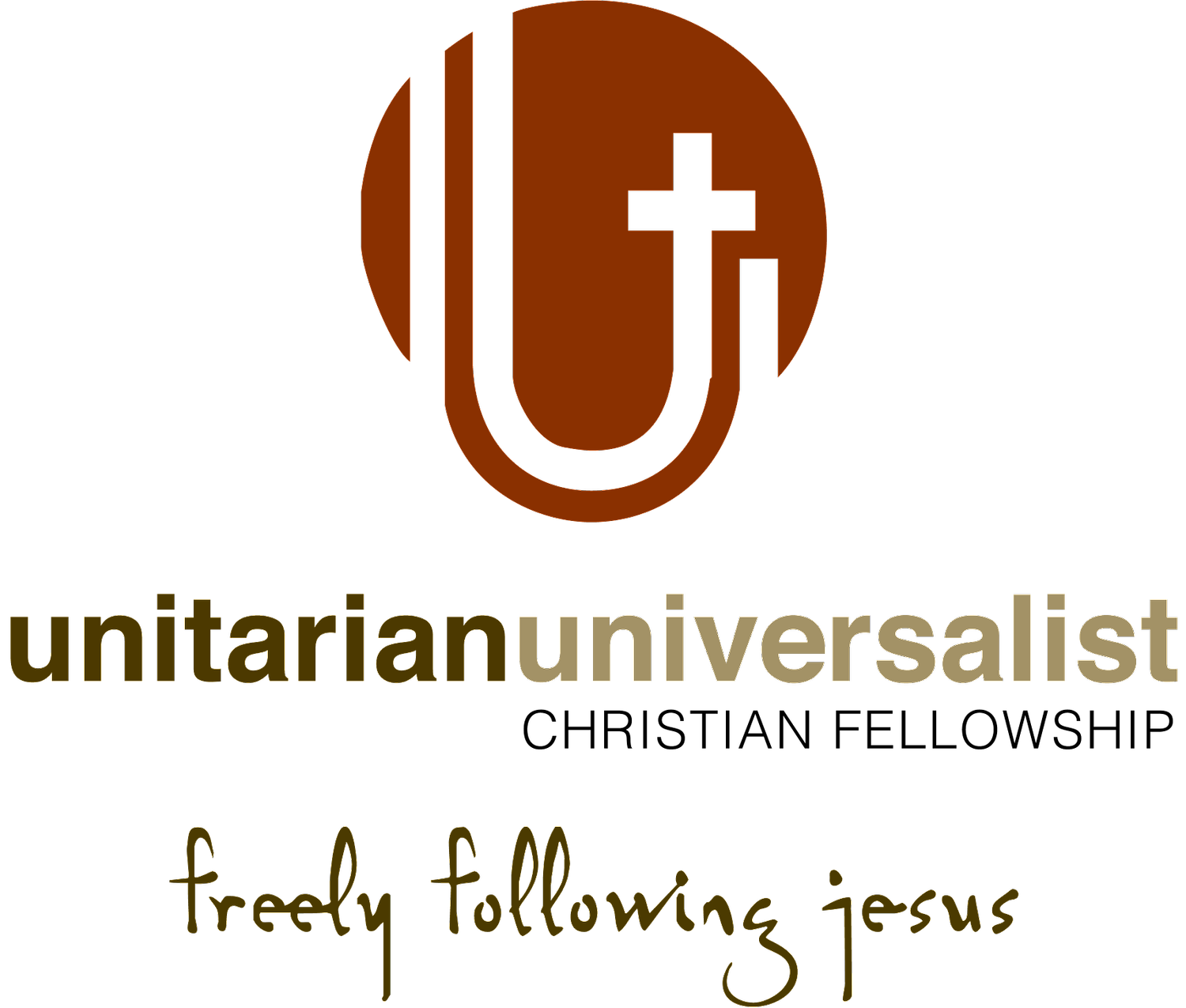2 CORINTHIANS 3:12 -4:2
Sunday, February 10, 2013
Ed Bolella
Focusing Scriptures: II Corinthians 3:12 - 4:2
I always find reflecting on the Pauline passages to be a particular challenge. He is in many respects the first theologian of the Christian tradition. We have to discern what is the voice of revelation and the voice of a particular person living at one specific moment of history. He has the concerns, challenges and heartaches of one community or another in mind when he is writing. It has been suggested he would have been the first person to be shocked and overwhelmed to know his writings have been put alongside and revered with the books of the Hebrew Bible and the accounts of the life and ministry of Jesus. Yet he is still with us in the life of Christianity almost two millennia later.
I am always fascinated with these passages and the many aspects of the nascent Christian Faith. I am intrigued with the question what is means to know, understand, and look upon God in this our limited human realm. He acknowledges that Moses was not able to look upon God face to face. He reminds his readers they are now able to look upon God in the fullness of revelation in the person of Jesus, the Christ. Yet he still understands that viewing is partial, approximate. There are still varying degrees in of being changed in this experience
“ And all of us, with unveiled faces, seeing the glory of the Lord as though reflected in a mirror, are being transformed into the same image from one degree of glory to another for this comes from the Lord, the Spirit.”
This is the tension of our Faith. We live in the certitude of a Divine that calls all humanity to ultimate restoration and reconciliation. We have a Scripture and a history, with all that entails. Yet our knowledge and experience of God’s glory is always, partial, inexact and never truly total. We only see the glory as “reflected in a mirror.”
I have many friends from many different expressions of the Christian Faith in leadership positions. I trained with many of them at Yale Divinity School and worked with many others on ecumenical endeavors. I think our central point of discussion is how literal are the words, images and theological writings of our common Faith and Heritage. My point of loving disagreement is that we are always faced with approximations, metaphors and the underlying reticence that all I say about God is always a mere fraction of this wondrous, ineffable, transforming reality we call the Divine. The insistence on the literal quickly may seem doctrinally correct, but does not seem very God like, ineffable, transcendent and wholly other. It is challenging in so many ways to let God be God. (Perhaps this is why Moses Maimonides wrote about the ‘via negative.’ That is, God could only be described as what he (or she) was not.) It is a great tension, and I believe at the core of the mystery of our Faith. Perhaps this is what UU Christians were referring to in the “great conversation.”
Yet after all this, Paul does not simply stop or give up. He knows this is an endless enterprise not only for us personally, but for the world. That is why I faithfully live my witness as a UU Christian. “Therefore, since it is by God’s mercy that we are engaged in this ministry, we do not lose heart.” We never stop studying, discerning, loving and believing. This is why “by the open statement of the truth we commend ourselves to the conscience of everyone in the sight of God.”
Thank you, Blessed Be. Amen

